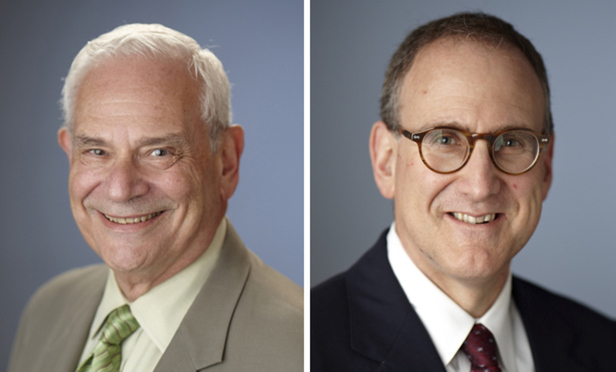Under Section 1001 of Title 18, it is a crime knowingly and willfully to make a “materially false, fictitious, or fraudulent statement” in a matter within the “jurisdiction” of the federal government. The scope of conduct subject to criminal prosecution has expanded over time. The law applies to a vast array of activity, ranging from statements made in the ordinary course of business—if the business receives federal funds or otherwise is subjected to federal oversight—to statements made during an interview by government agents.
While the law has been criticized for its breadth, and for the power it gives prosecutors to single out particular false statements to charge,1 courts have interpreted the law expansively. The Supreme Court has held that the law applies to statements made in response to questioning by federal law enforcement officials; a defendant need not know that a matter is within federal jurisdiction to be criminally liable; and the law is not subject to an “exculpatory no” defense, which would place outside the law’s reach simple denials of guilt.2
This content has been archived. It is available through our partners, LexisNexis® and Bloomberg Law.
To view this content, please continue to their sites.
Not a Lexis Subscriber?
Subscribe Now
Not a Bloomberg Law Subscriber?
Subscribe Now
LexisNexis® and Bloomberg Law are third party online distributors of the broad collection of current and archived versions of ALM's legal news publications. LexisNexis® and Bloomberg Law customers are able to access and use ALM's content, including content from the National Law Journal, The American Lawyer, Legaltech News, The New York Law Journal, and Corporate Counsel, as well as other sources of legal information.
For questions call 1-877-256-2472 or contact us at [email protected]



